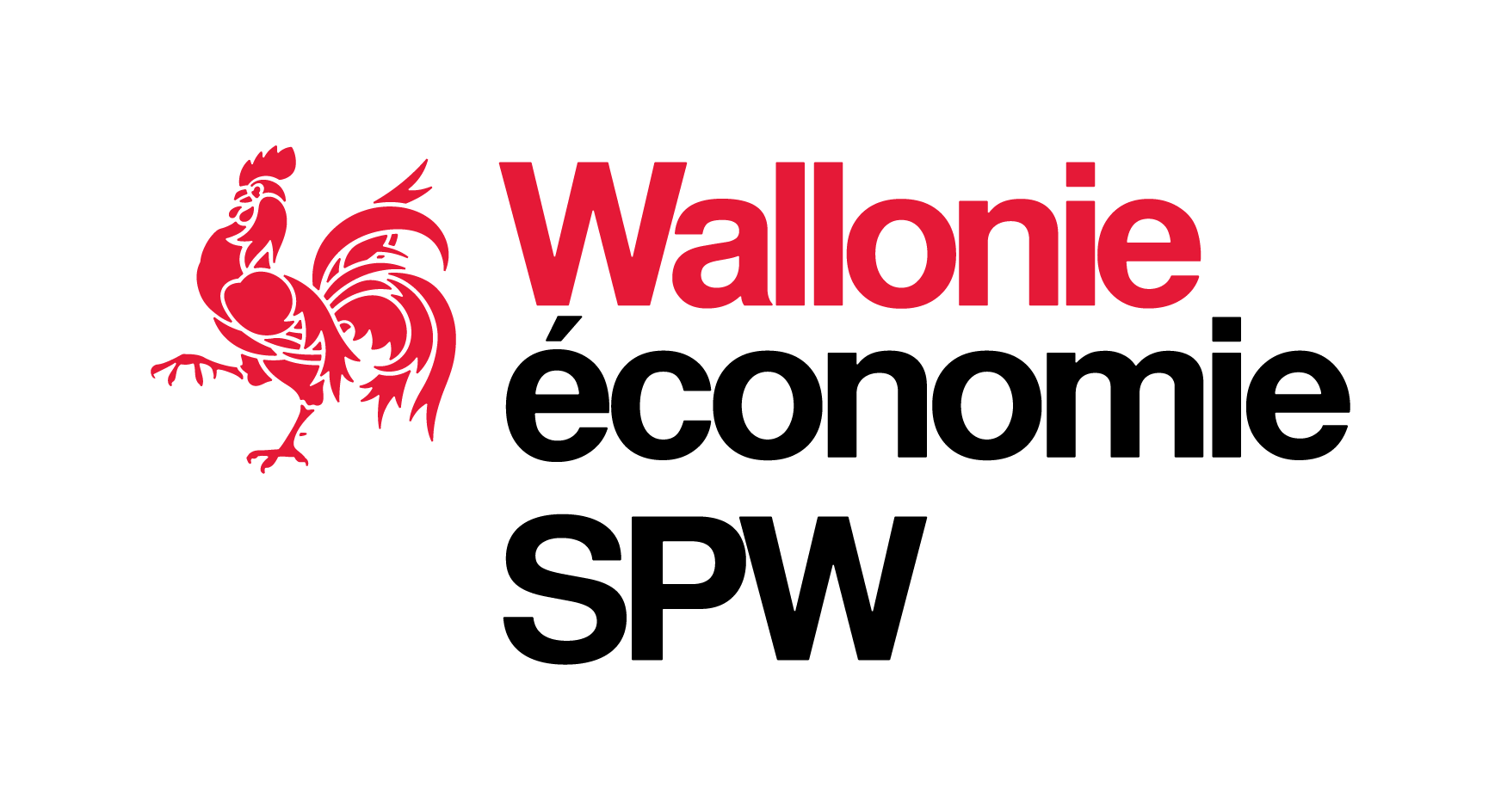
At the end of September, the Belgian Council of Ministers approved the introduction of compulsory electronic invoicing for business-to-business (B2B) transactions. This measure is based on a draft law dating from last May, and aims to modernise and standardise invoicing processes. However, it would appear that many businesses are not yet aware of this obligation! Don't panic, there's still time to prepare calmly.
This text has been translated by an automatic translation tool. Errors and inaccuracies may occur.
Structured electronic invoices between companies to become compulsory from 2026
From 1 January 2026, all Belgian companies liable for VAT will have to use structured electronic invoices between themselves. These are invoices exchanged directly between the two companies' software systems. Sending a PDF invoice by e-mail or via a platform will therefore no longer suffice.
- Do you have an active VAT number? Then this obligation also applies to your company.
- Do you only work for private customers? This obligation does not apply to invoices sent to these private individuals. But be careful: you must be able to receive structured electronic invoices from your suppliers. You must therefore adapt your systems for this purpose by January 2026.
What is an electronic invoice?
An electronic invoice is a document created, sent and received in a structured format that can be processed automatically. Unlike a PDF invoice, it must comply with standardisation norms and be able to be integrated directly into accounting software.
How does electronic invoicing work?
Structured electronic invoices will be sent via a decentralised network called Peppol. To send and receive your invoices, your invoicing or accounting software will establish a secure connection with this Peppol network, to which your customer or supplier is also connected. Peppol can be compared to a telecommunications network. Thanks to this network, data is exchanged in a secure and structured way between the various applications.
Electronic invoicing is an essential part of managing your business. Sending and receiving invoices digitally opens up many possibilities in terms of automatic processing, such as automatic payment tracking and e-bill status updates.
Who is affected by this obligation?
According to the draft bill, electronic invoicing will be compulsory for all businesses subject to VAT in Belgium, including members of VAT units and Belgian permanent establishments.
However, certain categories will be exempt, including :
- Suppliers under the flat-rate scheme,
- Bankrupt companies,
- VAT taxable persons carrying out only exempt transactions.
In addition, it will not be compulsory to issue an electronic invoice in the following cases:
- Occasional sale of a new building,
- Intra-Community sale of new means of transport,
- Transactions with customers carrying out VAT-exempt transactions only.
It should be noted that the final version of the law may contain changes to this preliminary draft.
Which transactions are concerned?
From a VAT point of view, the obligation will cover all supplies of services and all supplies of goods carried out in Belgium. Other transactions may be included depending on the final version of the bill.
What software do I need?
You need software designed to work via the Peppol network. In recent years, many solutions have appeared on the market, including for businesses with a low volume of invoices. Whether you have many or few outgoing invoices, an ERP system or not: there's a solution to suit every business. Some of these solutions are (partially) free or at a limited cost.
Browse the list of FPS Strategy and Support software solutions
When will this obligation come into force?
Originally scheduled for 2024, the e-invoicing obligation has been postponed until 1 January 2026. A transition period will be put in place, accompanied by an extensive information campaign to help businesses comply with the new requirements.
Accompanying measures
To offset the costs associated with the technical changes, two tax support measures are planned for SMEs and the self-employed:
- From 1 January 2025, the investment allowance for digital investments will rise to 20%.
- For the tax periods 2024 to 2027, small SMEs and the self-employed using subscription formulas will be able to apply an increased expense allowance of 120% for invoicing software.
Need help?
Over the coming months, the government website will be updated to provide all the necessary information. Some sector organisations will also be organising information campaigns.
- If you have any technical questions, please contact your software supplier.
- If you work with a chartered accountant, it's best to ask their advice.
- For general questions, send an e-mail to e-invoicing@minfin.fed.be.
The companies concerned are invited to anticipate this transition to ensure their compliance and optimise their invoicing processes.
For more information:
Sources :
